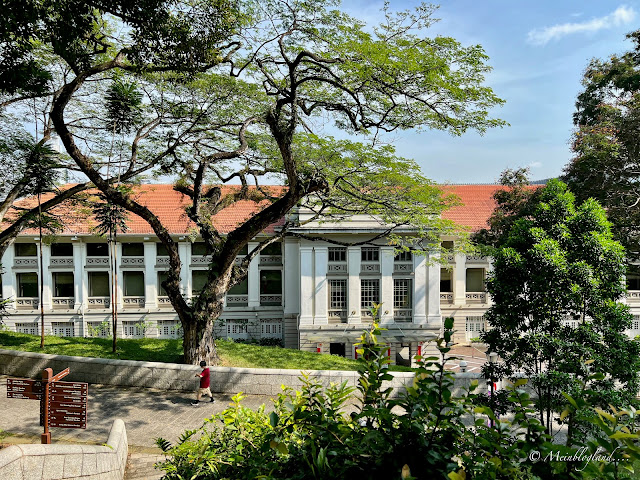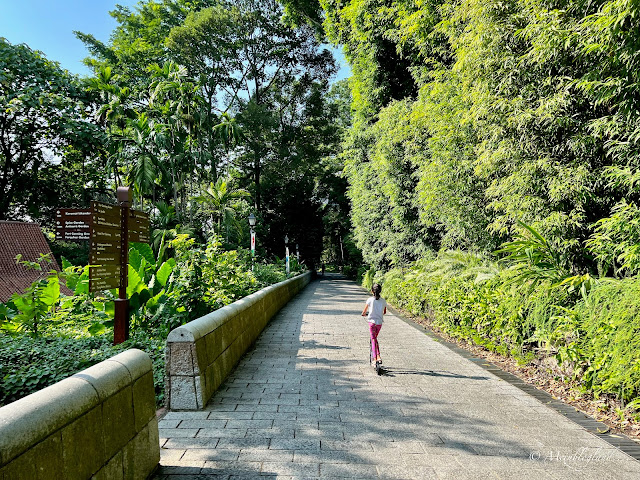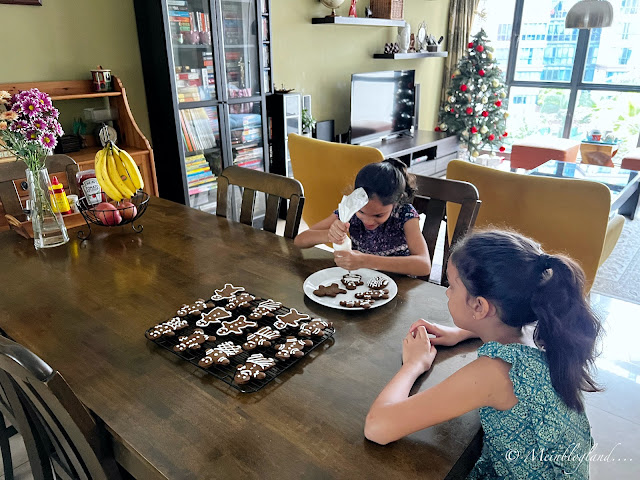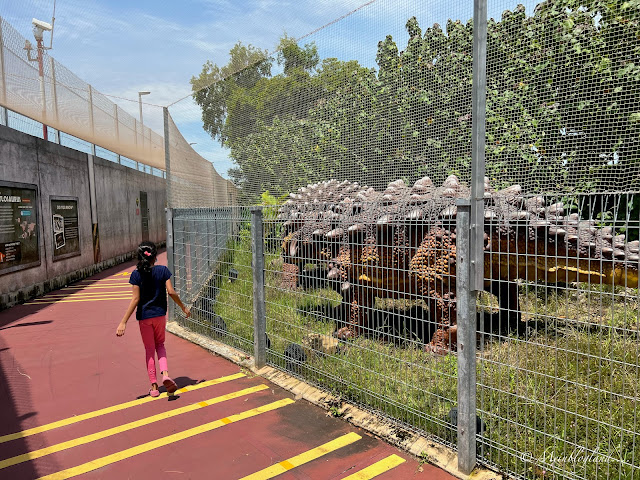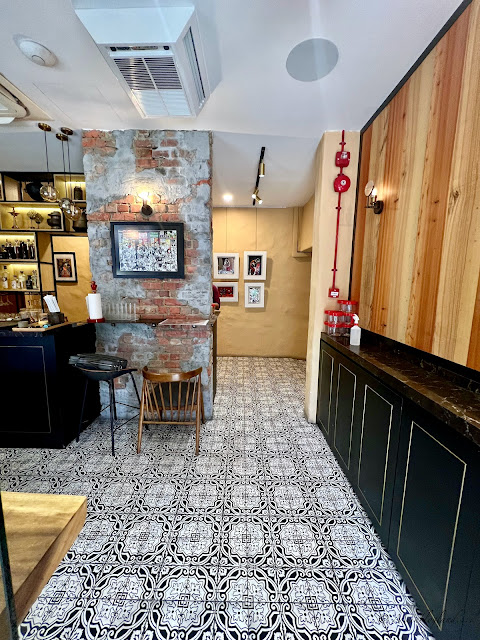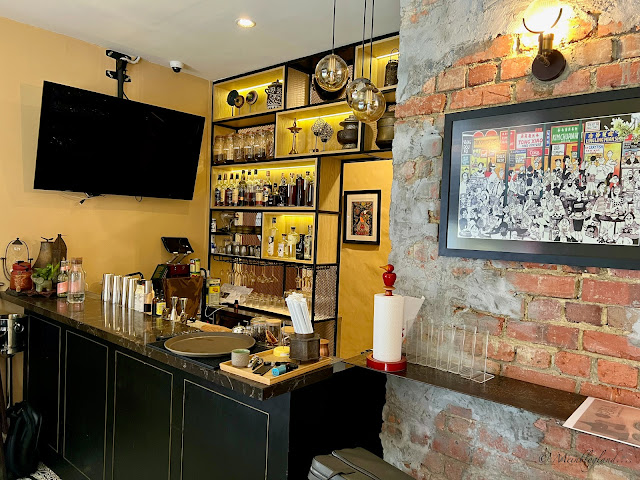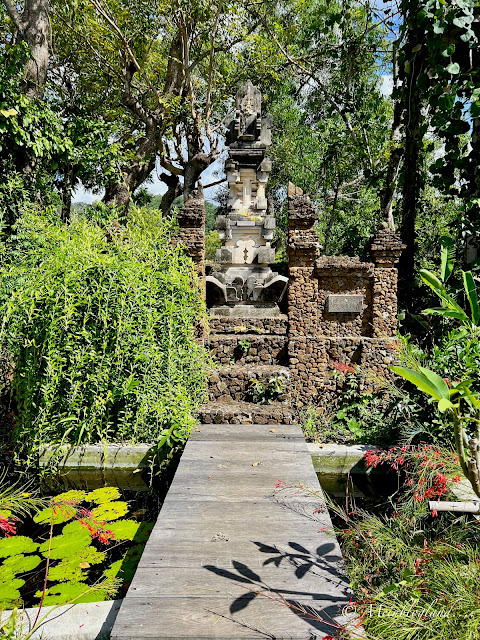Fort Canning Park is an iconic hilltop landmark in Singapore which has witnessed many of the island's historical milestones.
The park dates back to when Malay royalty once ruled in medieval times. Through time, it served as the Headquarters of the Far East Command Centre and British Army Barracks. The decision to surrender Singapore to the Japanese in 1942 was also made on the hill, in the Underground Far East Command Centre, commonly known as Battle Box. More recently, the park has turned into a venue for celebrations and plays host to exhibitions, concerts, theatre productions and festivals. Weddings, parties and gatherings are also a common sight at the park's expansive lawns.
The park was originally known as Bukit Larangan, or 'Forbidden Hill' in Malay as it was believed to be haunted. It was renamed Fort Canning in 1861 after Viscount Charles John Canning, the first Viceroy of India.
Although small in terms of area, the hill has a long history intertwined with that of the city-state due to its location as the highest elevation within walking distance to the downtown city area. Today, the 18-hectare space surrounded by centuries old gateways and gazebos is a hotspot of attractions—from ancient artefacts for history buffs to manicured lawns for outdoor recreation and lush greenery for nature lovers.
The charming boutique Hotel Fort Canning, is also situated within the premises.
Back in 2014, we stayed at Hotel Fort Canning as part of a babymoon staycation and spent a few days leisurely exploring the park. We hadn't been back since and it had always been on my list of places to visit with the kids.
Fort Canning Park
A few months ago, I picked Fort Canning Park as a scootering venue for the girls followed by a visit to the National Museum of Singapore located nearby and finally a family lunch at Hotel Fort Canning to relive some fond memories.
After parking, one of the first sights we came across was the Gothic Gate. This archway serves as the entrance to Fort Canning Green and is marked with the letters “IHS” which translates to Iota Eta Sigma (the first three letters of the Greek word of Jesus).
There are enough sign posts and information boards so you can go about exploring the park in an organized manner. If you go with kids in tow, I encourage you to let them read for themselves and try to grasp the history of our Little Red Dot 😊
The ASEAN Sculpture Garden is the first garden that we encountered. There are 5 sculptures signifying different things that are put up for display in the garden.
We came across The Battle Box aka the Underground Far East Command Centre. During the Second World War, Lieutenant General Arthur Ernest Percival (Commander of British Forces) used the underground bunkers at Fort Canning as his commanding base.
I remember the 9-Pound Cannon from my previous visit to the park. Dating back to the 19th century, the cannon was said to be fired thrice daily to announce the hour; it was also fired to warn about town fires or even as a salute. The South Battery sits next to the cannon, and this is where the main gun battery was mounted to defend Singapore.
Fort Canning Park has wide open paths flanked by soothing greenery that makes it a great location for scootering, cycling, walking or running.


